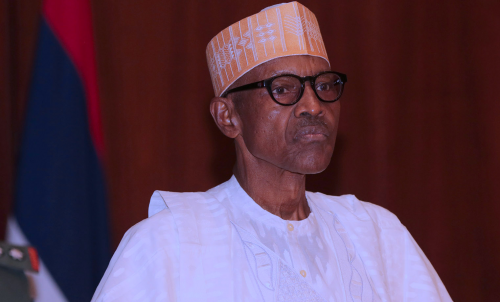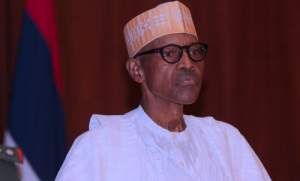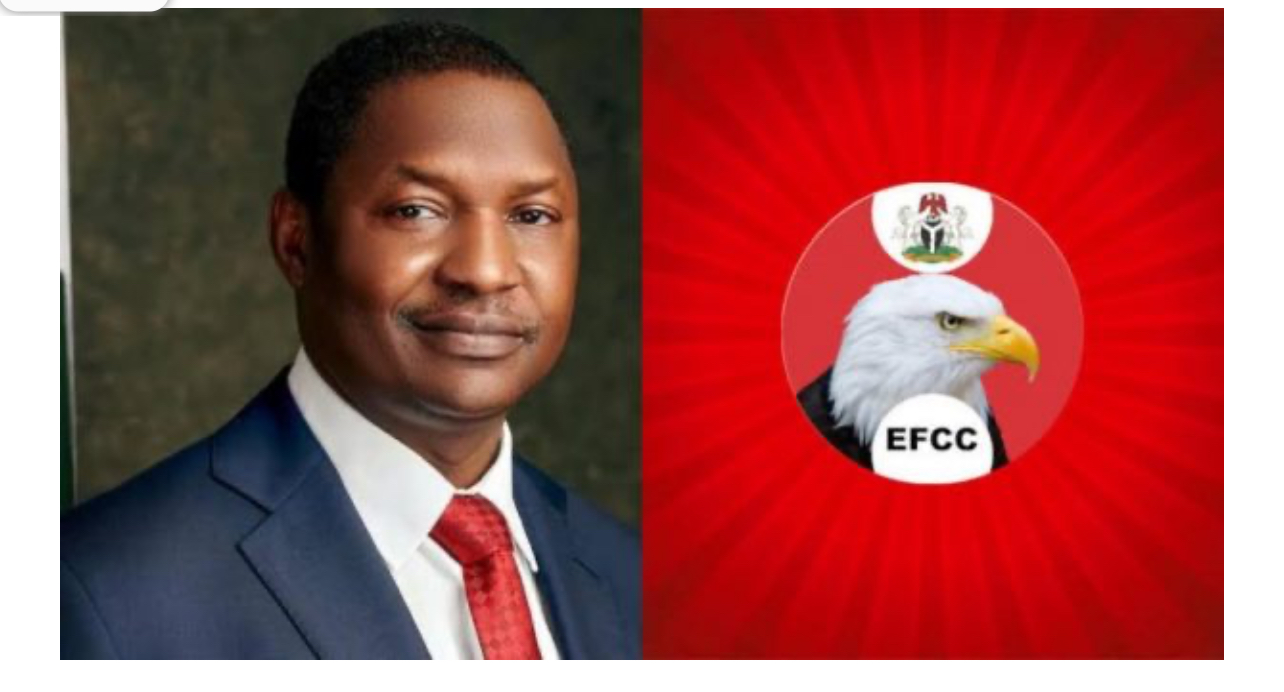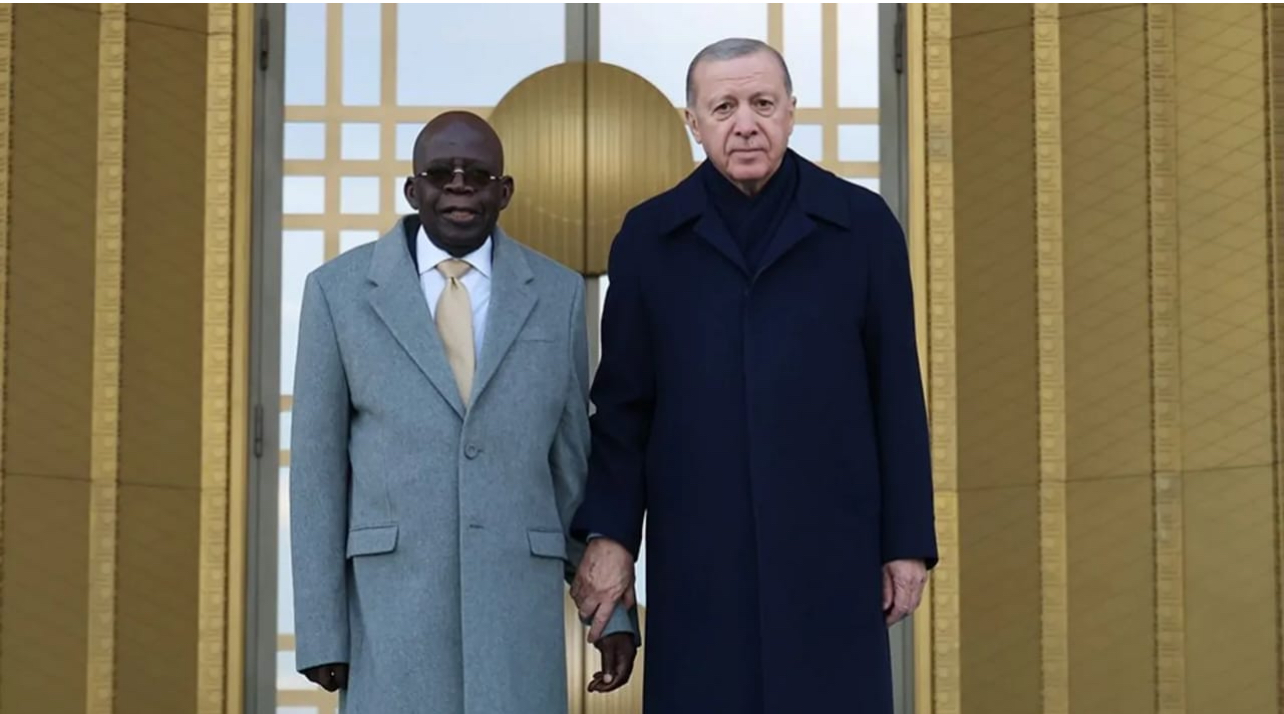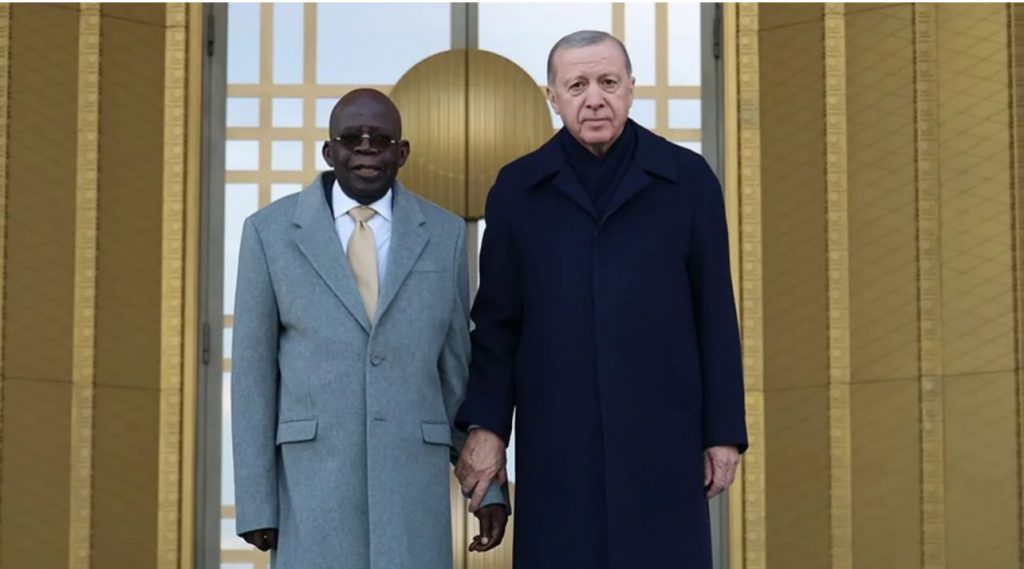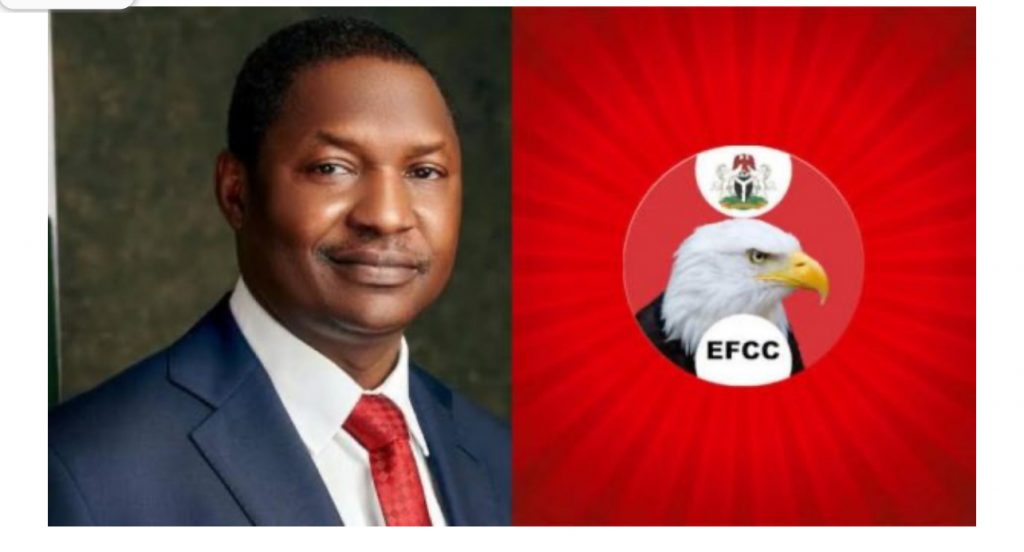
More applicants have approached the Federal High Court in Abuja over some properties linked to former Attorney-General of the Federation (AGF) and Minister of Justice, Abubakar Malami (SAN).
The applicants prayed for the setting aside of the interim forfeiture order made against some of the property linked to the former minister.
They argued that the Economic and Financial Crimes Commission (EFCC) failed to establish any nexus between their property and any unlawful activity, contrary to Section 135 of the Evidence Act and the Advance Fee Fraud.
In their separate motions on notice filed by their lawyers, the applicants – Alhaji Muktaka Usman Junju, and Rayhaan Bustan and Agro Allied Limited – urged the court to vacate and discharge the order made on January 6 by Justice Emeka Nwite.
Junju, a businessman, through his lawyer, Kalu Kalu Agu, prayed the court to set aside the order made on property listed as Number 40 by the EFCC.
Rayhaan Limited, an agricultural food production company, through its lawyer, Joseph Daudu (SAN), also asked the court to remove property listed as numbers one, 28, 29, 30, 31, and 32 from the list of property brought by the anti-graft agency.
The duo, in their applications, also prayed the court for an order directing the immediate restoration of their possession, control, and enjoyment of the listed property from the 57 property sought to be forfeited to the Federal Government.
The News Agency of Nigeria (NAN) recalls that the property listed as number 40 in the EFCC’s schedule is Al-Afiya Energy Tanker Garage, opposite Rayhaan University Health Centre, along Sani Abacha Bypass Road, Birnin-Kebbi, valued at N2,450,000,000.00.
Property Number One is a luxury duplex at Amazon Street, Plot Number 3011 within the Cadastral Zone, A06 Maitama; File Number: An enhancement 11352, which was purchased in December 2022 at N500,000,000.00 (value after enhancement at N5,950,000,000).
Property numbers 28, 29, 30, 31 and 32, which are under Rayhaan Agro Allied Factory in Kebbi, include Factory Buildings, Factory Machines and Plants Units, Factory Mosque, Rayhaan Mill Staff Quarters and Rayhaan Bustan Building, valued at N4,200,000,000.00; N10,500,000, 000.00; N2,450,000,000.00; N1, 487,500,000.00; and N3,150,000, 000.00 respectively.
NAN reports that Justice Nwite had, on Jan. 6, ordered the interim forfeiture of the 57 property suspected to be proceeds of unlawful activities linked to Mr. Malami.
The multi-billion naira landed properties are located in Abuja, Kebbi, Kano and Kaduna States.
The judge granted the order following an ex parte motion moved by the EFCC’s lawyer, Ekele Iheanacho, SAN, to the effect.
Malami was the AGF and Minister of Justice in the Muhammadu Buhari administration.
Nwite, in the ruling, also directed the publication of the interim order of forfeiture in any national daily, inviting any person(s) or body (ies) who might have an interest in the property to show cause, within 14 days of the publication, why a final order of forfeiture to the Federal Government of Nigeria should not be made.
Although the case was formerly before Justice Nwite, the case file had been transferred by the chief judge to Justice Obiora Egwuatu of a sister court for adjudication.
Also in his motion on notice dated January 26, but filed January 28 by Agu, Junju stated that the property listed as Number 40 belonged to him.
According to Junju, the root of title and acquisition history are described in the schedule attached to the affidavit in support of the motion, as Exhibit A.
Nigerian Property Investment
His lawyer argued that the commission had not established that the property was proceeds of an unlawful purpose, which, he argued, robbed the court of jurisdiction.
Agu submitted that the EFCC had failed to comply with the constitutional and statutory dictates of Section 44(2) (b) of the 1999 Constitution (as amended) and Section 17(1) of the Advance Fee Fraud and Other Fraud Related Offences Act 2006, requiring it to disclose specific particulars of the alleged unlawful act committed and the applicable laws.
Besides, he said the court did not conduct a global review of the entire documents and exhibits attached to the commission’s motion ex parte filed on January 6 and granted the same date, “which constitutes an abdication of its judicial duty to properly consider the application to ensure there is a reasonable suspicion that the property was linked to unlawful activities.”
The lawyer argued that Junju duly purchased the land in question “from an original allottee, by name Alhaji Usman Na’Allah Bunza and has no link with Malami, SAN or any Al-Afiya Garage.”
“Respondent (EFCC) is guilty of fraud and non-disclosure of material facts regarding ownership and acquisition of property of the applicant (Junju) forfeited in the interim by the orders of this honourable court.
“The interim forfeiture was procured in violation of Section 5 of the Assets Tracing, Recovery and Management Regulations 2019, having not been initiated through the Office of the Attorney-General of the Federation,” Agu said.
Also in his argument, Daudu, in their motion dated Jan. 19 but filed Jan. 23, said Rayhaan Ltd, by law, is a corporate person and can acquire and own property anywhere in Nigeria.
He described Rayhaan as “a limited liability company, duly registered with the Corporate Affairs Commission (CAC) pursuant to the Companies and Allied Matters Act (CAMA).”
The senior lawyer said properties listed as Nos. 1, 28, 29, 30, 31 and 32 all belonged to the company.
“The applicant’s property Number One was acquired with payments made from Excel Merchants Ltd in favour of the applicant,” he said.
Daudu also said the property numbers 28, 29, 30, 31, and 32 were acquired by the company from banking facilities granted by NEXIM BANK, the Bank of Industry and Access Bank Plc.
“The NEXIM Bank loan has now been called in by reason of the interim order of forfeiture of January 6, 2026.
“Zenith Bank Plc, which had guaranteed the loan, has revoked the guarantee by reason of the interim order of forfeiture of January 6, 2026, and has commenced daily interest charges on the outstanding sum,” Daudu said.
The lawyer argued that the EFCC did not establish that the assets listed as numbers one, 28, 29, 30, 31, and 32, in the interim forfeiture order were proceeds of some unlawful activities, as required under Section 17 (1) of the Advance Fee Fraud Act 2006, and that no predicate offence was linked to the acquisition of the property.
He also argued that the court was not invoked and prompted to conduct a global review of the entire documents and exhibits attached to the motion ex parte, “which constitutes an abdication of its judicial duty to properly consider the application to ensure that there is a reasonable suspicion that they were linked to unlawful action.”
Daudu aligned with Agu that the EFCC “is guilty of fraud and non-disclosure of material facts regarding ownership and acquisition of properties of the applicant forfeited by the orders” of the court.
He submitted that the proceedings of January 6 amounted to unlawful deprivation of property, denial of fair hearing and abuse of court process, urging the court to set the same aside.
Malami had, equally, filed a motion, praying the court to vacate the interim order of forfeiture against his property.
Also, Justice Egwuatu has fixed February 12 for the hearing of the matter.
Post Views: 154

